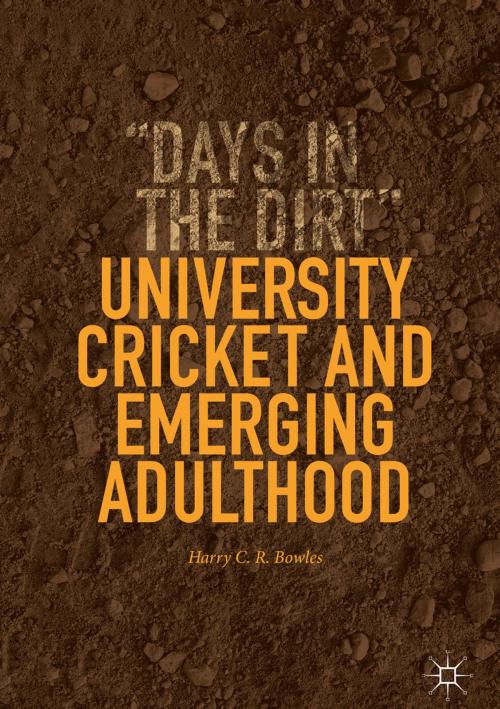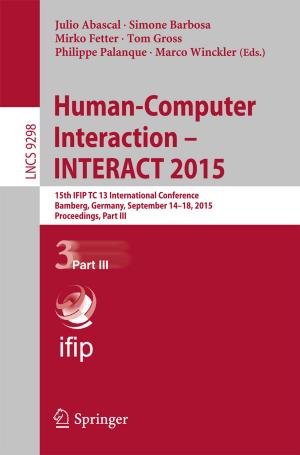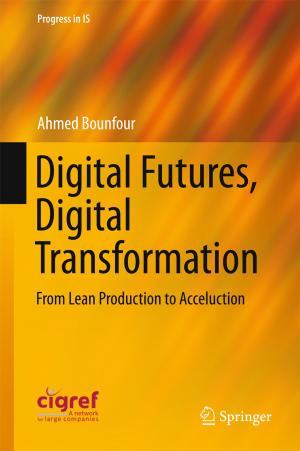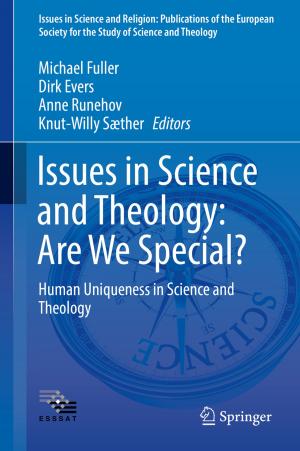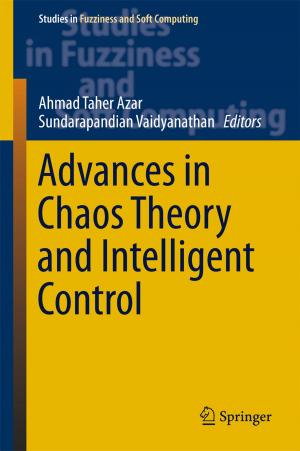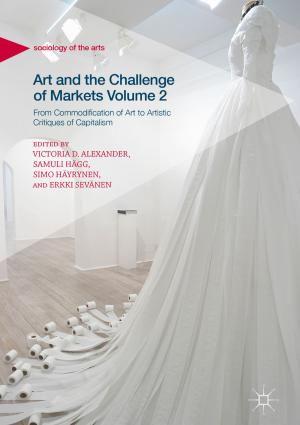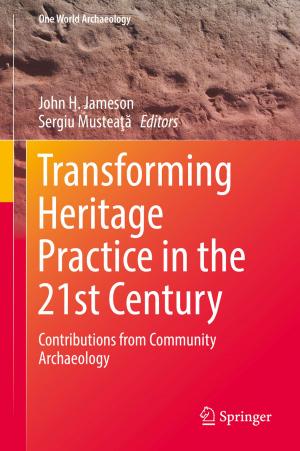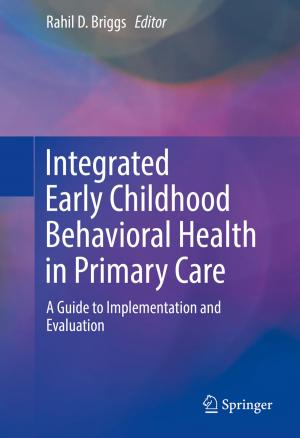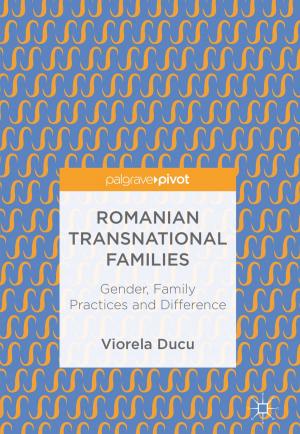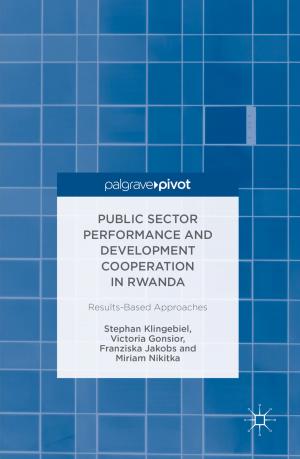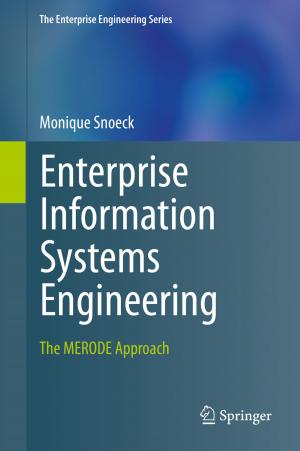University Cricket and Emerging Adulthood
"Days in the Dirt"
Nonfiction, Sports, Reference, Social & Cultural Studies, Social Science, Sociology| Author: | Harry C. R. Bowles | ISBN: | 9783319762821 |
| Publisher: | Springer International Publishing | Publication: | April 10, 2018 |
| Imprint: | Palgrave Macmillan | Language: | English |
| Author: | Harry C. R. Bowles |
| ISBN: | 9783319762821 |
| Publisher: | Springer International Publishing |
| Publication: | April 10, 2018 |
| Imprint: | Palgrave Macmillan |
| Language: | English |
This book provides a detailed ethnographic account of the lives and experiences of a group of male, university-based academy cricketers transitioning into (and away from) professional sport. Set in one of the six university centres of cricket excellence established by the England and Wales Cricket Board in 2000 as a pathway into professional cricket, the study examines the nature of the university cricket experience in relation to a process of occupational identity-exploration and development. Through a series of empirical insights, the author illustrates the tension between aspiration and reality players encountered in deciding whether cricket, as an occupation and future identity-commitment, was right for them. In so doing, the book reveals the questions of identity generated by players’ interactions with their cricketing environment relating to their lives as student-cricketers and as young people.
University Cricket and Emerging Adulthood will be of interest to students and scholars across a range of disciplines, including sociology, psychology, sport coaching, sport policy and leisure studies.
This book provides a detailed ethnographic account of the lives and experiences of a group of male, university-based academy cricketers transitioning into (and away from) professional sport. Set in one of the six university centres of cricket excellence established by the England and Wales Cricket Board in 2000 as a pathway into professional cricket, the study examines the nature of the university cricket experience in relation to a process of occupational identity-exploration and development. Through a series of empirical insights, the author illustrates the tension between aspiration and reality players encountered in deciding whether cricket, as an occupation and future identity-commitment, was right for them. In so doing, the book reveals the questions of identity generated by players’ interactions with their cricketing environment relating to their lives as student-cricketers and as young people.
University Cricket and Emerging Adulthood will be of interest to students and scholars across a range of disciplines, including sociology, psychology, sport coaching, sport policy and leisure studies.
